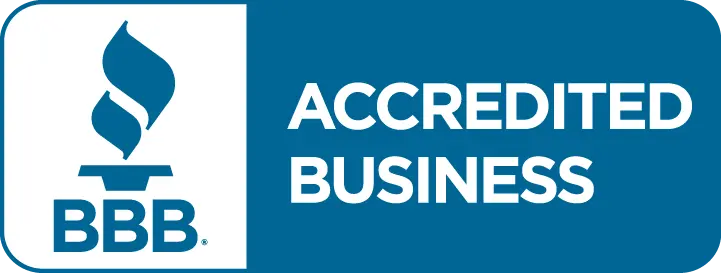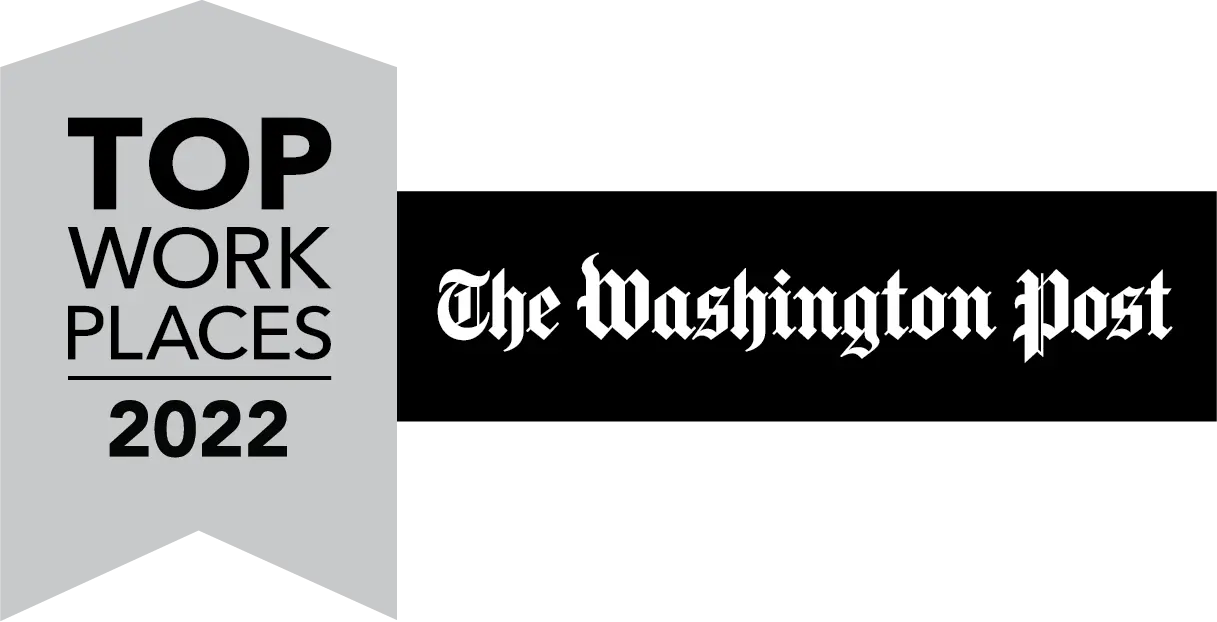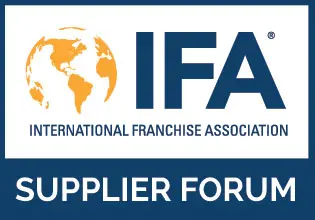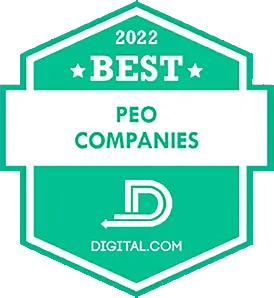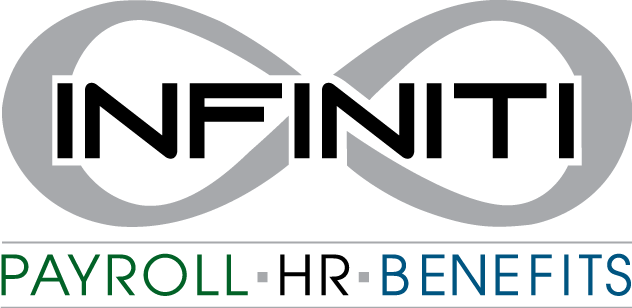Blog
Our blog offers important resources, helpful articles, and practical ideas on the human resources topics that matter to you.
Our blog offers important resources, helpful articles, and practical ideas on the human resources topics that matter to you.
Home / Media / Blog / Top HR Small Business Needs Checklist
Is your small business on top of its HR needs? Not to worry. We’ve put together a Top HR Small Business Needs Checklist for you!
We work with small businesses across the country in states like Virginia, New York, California, Colorado, and more! Every state has different compliance laws that change frequently, which is why we regularly advise our clients of labor law updates. With that said, there are universal HR business needs that small business leaders should be aware of and keep up to date.
We’ve provided an infographic and resources below to help close your HR needs gaps. Take some time to check the boxes to ensure your company is up-to-date. 
HR Small Business Needs Checklist
Employee Handbooks
For employee handbooks to be useful, they need to be current. Here are the most common suggestions for updates we share with our small business clients:
Additional Resources
Paid Sick Leave Policy
State and federal labor laws change frequently. Do you understand current laws clearly, and is this clear across your management team?
Paid Family Leave Policy
As with paid sick leave, paid family leave laws at the state and federal levels continue to change, and we advise our clients on labor law updates. Make sure you know the current laws and manage your company accordingly.
Additional Resources
Employee Classification and Status
Common classifications break down the difference between “full-time” and “part-time” status for companies, but there are also employee classifications for jobs offer varying compensation, duration, and work hours such as on-call, seasonal/temporary, volunteers, and interns.
“Misclassification” most commonly happens when determining who is an employee versus an independent contractor. On a federal level, both the Department of Labor and the IRS have a test to examine if an employee can be lawfully defined as a contractor. But beware! Several states follow a more rigid set of rules for this category, leaving a person to be potentially an independent contractor under federal guidelines, but an employee under the state guidelines. So what do you do? In cases like these, the more strict of the two would apply. Have you reviewed your federal and state compliance on this topic?
One of the most frequent questions we get from small businesses is how to explain the difference between exempt and non-exempt status. Exempt meaning if someone can be exempt from requirements set by the Fair Labor Standards Act (FLSA) and the benefits provided by it.
Following are resources to help you if you are unclear about the differences. But, as with all our resources, it is strongly suggested that you seek HR or legal consultation before making policy decisions.
Additional Resources
Job Descriptions and Job Postings
Are your employee job descriptions current? Since 2020, many of our small business clients have re-imagined their employees’ job responsibilities. Are your job descriptions current? If they are not, it may be difficult to evaluate your employees’ performances properly, and for your employees to feel their performances are being evaluated fairly.
Job postings are the “public facing” element of job descriptions: what you share on job-posting sites. Are your job postings competitive and enticing to top talent? Do your job descriptions meet potential state requirements for pay equity and pay transparency? If not, consider revising so you compete for the best talent.
Additional Resources
Whistleblower Compliance
According to SHRM, numerous federal and state statutes and the common law in many states provide whistleblower protections. Do you know what your state and federal whistleblower protections are?
Employers should do whatever possible to try and ensure that whistleblowers in their company are not identified, which minimizes the risk of co-worker ostracism. Do you have policies and procedures to protect the identity of whistleblowers?
Additional Resource
Salary and Wage Fairness
According to a 2019 survey, only half of employees think they’re paid fairly, even fewer think that everyone in their organization is paid fairly. At a time of record inflation and high competition for top talent, evaluate your salary and wage policies to ensure they are fair, equitable, and meet employees’ expectations.
Benefits
For many small businesses, the summer and fall are prime seasons for evaluating insurance and other benefits. As with any important business endeavor, give yourself the time necessary to make informed choices about your company’s benefits packages. You may need more time this year to ensure your offer is aligned with your business budget while remaining competitive with what other companies offer.
Interested in other current employment trends? Click the link to view the recent blog: Four Strategies for Hiring and Retaining Top Talent in the Post-Pandemic Workforce or check back for more on human resources, payroll, insurance, and benefits.
This article does not constitute legal advice, and there are subtle variations in employment law as it pertains to this topic, depending on where your business operates. It is strongly suggested that you seek consultation or legal counsel before making policy decisions.
Join the INFINITI HR family! Subscribe to our newsletter and get the latest HR news and tips.
INFINITI HR helps companies reduce costs by managing human resource functions while allowing businesses to focus on their core operations that impact profitability. Our platform provides full regulatory compliance management, on-demand HR guidance, real-time payroll /tax filing, POS integration and access into industry leading True-Group master policies for workers’ compensation, employment practices liability insurance, and other operational business coverages.
Toll free: 866-552-6360
